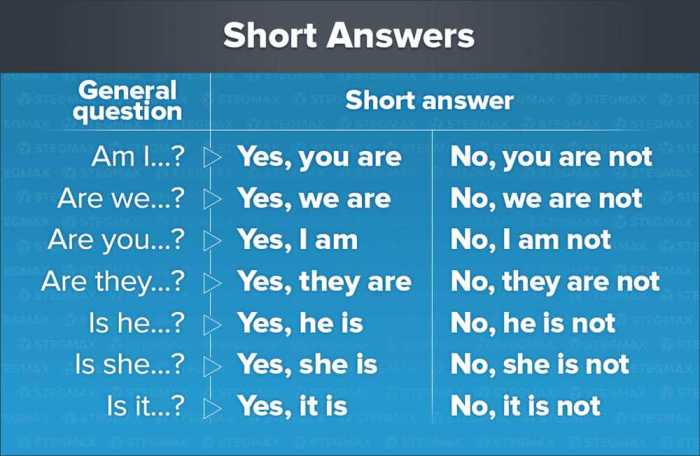The origin of intelligence studysync answers sets the stage for this enthralling narrative, offering readers a glimpse into a story that is rich in detail and brimming with originality from the outset. This comprehensive guide delves into the historical context, key figures, and significant events that have shaped the field of intelligence studies, providing a foundational understanding of its evolution and methodologies.
From the emergence of intelligence as a field of inquiry to the development of theoretical frameworks and methodologies, this exploration unravels the complexities of intelligence studies. It examines the role of technology and data analysis in modern intelligence practices, while also highlighting the ethical considerations and future trends that shape this dynamic field.
Origin of Intelligence Studies

The origins of intelligence studies as a field of inquiry can be traced back to the Cold War era. During this period of heightened international tension, governments recognized the need for systematic collection, analysis, and dissemination of information to support national security decision-making.
This led to the establishment of intelligence agencies and the development of methodologies for gathering and interpreting intelligence.
Key Figures and Contributions
Several key figures played instrumental roles in the development of intelligence studies. Allen Dulles, the first director of the Central Intelligence Agency (CIA), emphasized the importance of covert operations and human intelligence collection. Sherman Kent, a CIA analyst, developed the “intelligence cycle” model, which Artikels the process of intelligence production from collection to dissemination.
Timeline of Significant Events
- 1947: Establishment of the CIA
- 1950s: Development of the “intelligence cycle” model
- 1960s: Emergence of academic intelligence studies programs
- 1970s: Expansion of intelligence studies into new areas, such as economic and scientific intelligence
- 1990s: Post-Cold War era leads to a reassessment of intelligence studies
Approaches to Intelligence Studies
Theoretical Frameworks
Intelligence studies scholars employ various theoretical frameworks to understand and analyze intelligence phenomena. Rationalism emphasizes the role of reason and logic in intelligence analysis, while constructivism focuses on the social and cultural factors that shape intelligence. Postmodernism challenges the notion of objective truth and highlights the subjective nature of intelligence.
Methodologies
Intelligence researchers use a range of methodologies to gather and analyze data. Qualitative methods, such as interviews and case studies, provide in-depth understanding of individual cases. Quantitative methods, such as surveys and statistical analysis, allow for generalization and hypothesis testing.
Technology and Data Analysis
Technological advancements have significantly impacted intelligence studies. Big data analysis, machine learning, and artificial intelligence are increasingly used to process and analyze large volumes of data, enhancing the efficiency and accuracy of intelligence production.
Key Concepts in Intelligence Studies

Intelligence
Intelligence refers to the ability to gather, analyze, and disseminate information to support decision-making. It encompasses various dimensions, including cognitive, emotional, and social intelligence.
Types of Intelligence
- Human intelligence: The intellectual capabilities of individuals
- Artificial intelligence: The ability of machines to perform tasks that typically require human intelligence
- Emotional intelligence: The ability to understand and manage emotions
Relationship to Other Fields
Intelligence studies draws upon a range of disciplines, including psychology, sociology, and political science. It explores the cognitive, social, and political dimensions of intelligence, as well as its role in decision-making and societal processes.
Applications of Intelligence Studies: The Origin Of Intelligence Studysync Answers

National Security
Intelligence studies provides vital support for national security decision-making. Intelligence agencies collect and analyze information to assess threats, vulnerabilities, and opportunities, informing policy development and military operations.
Business
Intelligence studies techniques are applied in business to gain competitive advantage. Market intelligence helps companies understand customer needs, industry trends, and potential risks.
Law Enforcement, The origin of intelligence studysync answers
Intelligence studies contribute to crime prevention and detection. Law enforcement agencies use intelligence to identify criminal networks, investigate crimes, and develop strategies to maintain public safety.
Ethical Considerations
The use of intelligence raises ethical concerns, such as privacy violations and the potential for abuse of power. Intelligence studies scholars and practitioners grapple with these ethical dilemmas to ensure the responsible and ethical use of intelligence.
Essential FAQs
What is the historical context of the emergence of intelligence studies?
Intelligence studies emerged as a distinct field of inquiry during the Cold War era, driven by the need for governments to gather and analyze information to gain strategic advantages.
Who are some of the key figures in the development of intelligence studies?
Key figures include Sherman Kent, who developed the concept of strategic intelligence, and Michael I. Handel, who contributed to the theory of intelligence analysis.
What are the different theoretical frameworks used in intelligence studies?
Intelligence studies employs various theoretical frameworks, including rationalism, constructivism, and postmodernism, each offering different perspectives on the nature of intelligence and its role in decision-making.